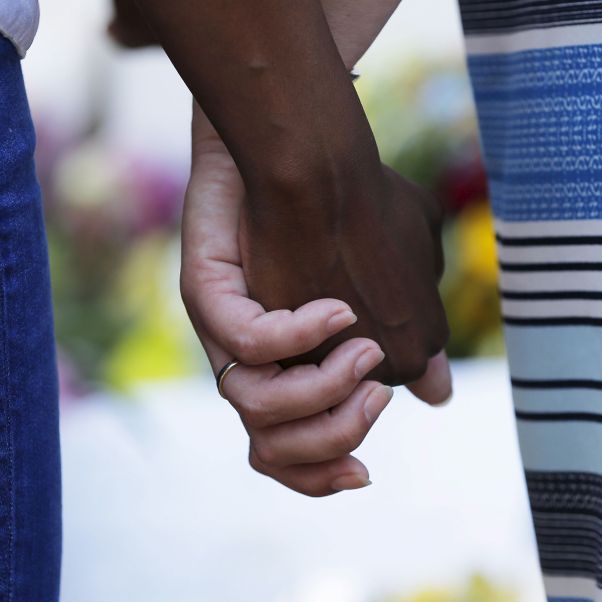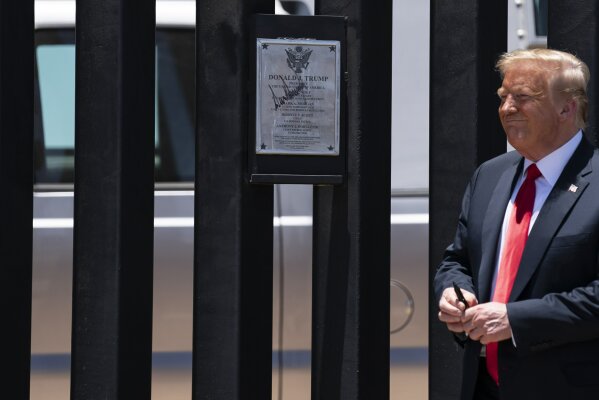Federal Judge Rules Against Racial Profiling
In a landmark decision that resonates with the ongoing struggle for civil rights, a federal judge in California has ruled that immigration officials cannot stop individuals based on race or spoken language. This ruling, which directly challenges the tactics employed during President Trump’s administration, marks a significant victory for advocates of racial justice and immigration reform. The implications of this decision extend far beyond the courtroom, as it underscores a growing backlash against discriminatory practices that have plagued the immigration system.
Historical Context of Racial Profiling
The ruling echoes historical precedents set by cases such as Ohio v. Roberts (1968), where the Supreme Court found that the police violated the Fourth Amendment by racially profiling a Black American. This connection illustrates a persistent pattern of systemic racism embedded within law enforcement practices, particularly in immigration enforcement. As reported by scholars, racial profiling not only undermines public trust but also perpetuates cycles of oppression and marginalization.

Committee on the Elimination of Racial Discrimination | OHCHR
Impacts on Immigrant Communities
The ruling is a beacon of hope for immigrant communities who have long faced the brunt of aggressive enforcement measures. Under the Trump administration, policies were implemented that blatantly disregarded human rights, often targeting individuals based on their ethnicity or language. This legal victory offers a reprieve, but it also raises critical questions about the future of immigration policy in the United States. According to research, the systemic racism inherent in immigration laws has historically favored white immigrants while disproportionately penalizing people of color.
Voices from the Frontlines
Experts and advocates alike are heralding this ruling as a pivotal moment. Retired California Superior Court Judge LaDoris Cordell emphasized the necessity of upholding civil rights in the face of discriminatory practices, stating, "This ruling is a reaffirmation of our commitment to justice and equality." Meanwhile, New York Law School Professor Rebecca Roiphe noted that this decision could pave the way for more robust legal challenges against immigration practices that prioritize race over justice. The voices of those affected are at the forefront of this movement, demanding accountability and reform.

Trump leaves mark on immigration policy, some of it lasting ...
Looking Ahead for Immigration Reform
The ruling may signal a shift in how immigration enforcement is conducted moving forward. As federal courts increasingly reject racial profiling, it places pressure on the Biden administration to prioritize humane immigration policies that align with the principles of justice and equality. The political climate surrounding immigration is fraught with tension, and with increasing calls for comprehensive reform, the administration must navigate the intricacies of policy changes while addressing the root causes of systemic discrimination.

![[Video] Federal officers deploy sting balls and flash grenades at Whipple Building](/_next/image?url=%2Fapi%2Fimage%2Fthumbnails%2Fthumbnail-1768340555229-vhfcc-thumbnail.jpg&w=3840&q=75)
![[Video] Crowd-control weapons used in Minneapolis as anti-ICE protesters attack police vehicle](/_next/image?url=%2Fapi%2Fimage%2Fthumbnails%2Fthumbnail-1768336302231-akxf7s-thumbnail.jpg&w=3840&q=75)

![[Video] Protests erupt in Minneapolis after ICE detains teenager, multiple arrests made](/_next/image?url=%2Fapi%2Fimage%2Fthumbnails%2Fthumbnail-1768331835371-z9ylqg-thumbnail.jpg&w=3840&q=75)


![[Video] Gunfire between Iraqi security forces and Sadr militias in Baghdad](/_next/image?url=%2Fapi%2Fimage%2Fthumbnails%2Fthumbnail-1768343508874-4redb-thumbnail.jpg&w=3840&q=75)
